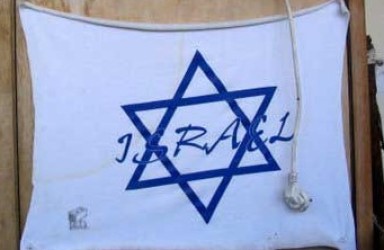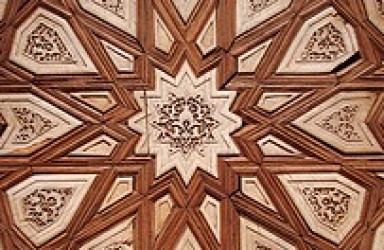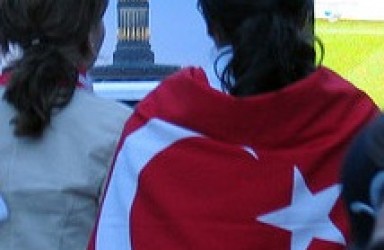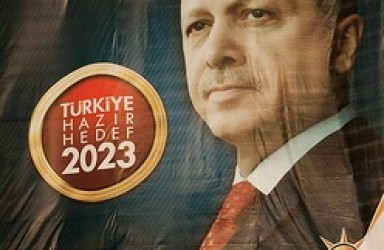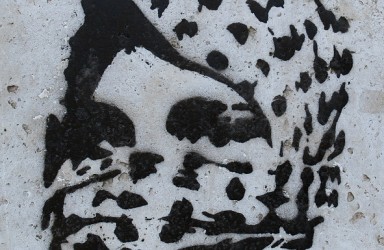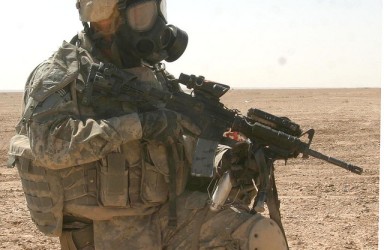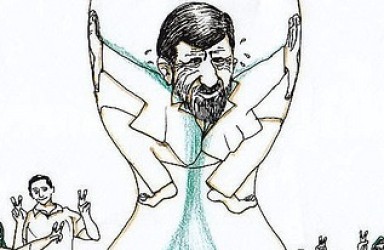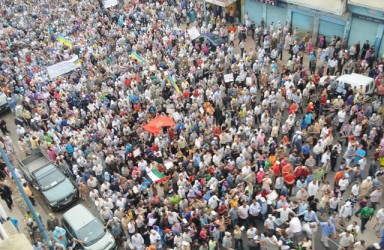The Israel Lobby and the U.S. National Interest
Mearsheimer and Walt’s illustration of the Israel lobby has led to a wide debate on the the domestic influences on foreign policy. Their thesis exaggerates the ability of interest groups to divert foreign policy, and their notion of national interest can be criticised as not in line with those who make foreign policy.
British Diplomacy and Iranian Angst: British Iranian Relations, 1973 -1979
The Iranian pre-disposition to distrust the British has been referred to widely in both primary and secondary sources, yet has not been rigorously analysed in either its manifestations of effects. This essay will examine the effect of this cultural trait on the last six years of the reign of Mohammed Reza Shah, and on the conduct of British foreign policy during that period.
The causal relationship between culture and foreign policy making in Muslim countries
Pragmatism rules the roost in Muslim states, yet the role of Islam must not be underestimated. The faith inspires, promotes and legitimises the actions of Muslim states and whilst it has little causal role in foreign policy, it nonetheless has an integral part in advancing it.
Turkey’s EU Membership and EU-Middle Eastern Affairs
As relations between the West and the Islamic world have significantly deteriorated in recent years and the situation in the Middle East appears more and more threatening to the EU, Turkey’s potential role as a soft power for the EU becomes increasingly clear as a bridge between East and West.
Turkey’s Foreign Policy in the AKP Era: Has There Really Been a Change?
The AKP government created a new synergy in Turkish foreign policy by using the “change” discourse, however, the main problems with Turkish foreign policy have not yet been solved, and disappointments related to the new strategy have increased through time. Therefore, time will show whether the AKP will be successful or not.
Can Terror work? The Case of the Palestine Liberation Organisation
Despite its initial success, the Palestine Liberation Organisation was never able to achieve its ultimate political objective by using terrorist tactics. The PLO’s turn to global terror tactics, and the immense amount of media exposure that move generated, only magnified their inability to move away from their formerly violent agenda.
Iran: What is the Nuclear Crisis?
The notion of popular sovereignty stands in contrast with Iran’s religious lineage. This dichotomy makes it difficult for the state to materialize its diplomatic goals, which only isolates it from the international system, fueling the need to expand its nuclear program in an effort to ensure national security. It is virtually impossible for Iran to forge successful international relations when it suffers from the national clashing principles of Islamic rule and popular sovereignty.
Critically assess the decision to go to war against Iraq in 2003
The decision for the United States and Britain to go to war with Iraq in 2003 was, and remains, one of the most controversial foreign policy acts that any British government has undertaken. This essay proceeds to compare and contrast the various aspects of the Just War Theory with the causes and outcomes of the war against Iraq in order to determine whether the war conforms to the theory.
Nuclear Non-Proliferation and Iran: Policy Options and Contexts
A nuclear Iran poses a number of risks, including the enhancement of its stated policies against Israel and the United States and its interests, adding extremely severe dangers to confronting in any way Iran’s policies that hinder and prevent peace in the Middle East including their support for terrorist groups and activities, and the possibility that a nuclear Iran could ignite a regional arms race.
The Role of Foreign Actors in the Development of Democracy in the Middle East-North Africa
Foreign actors have played a significant role in the development of democracy in the region. Admittedly, however, it has not always been constructive. Given the ongoing political unrest in the region, there is an opportunity for them to play a far more constructive role in the development of democracy than they have in the past.
